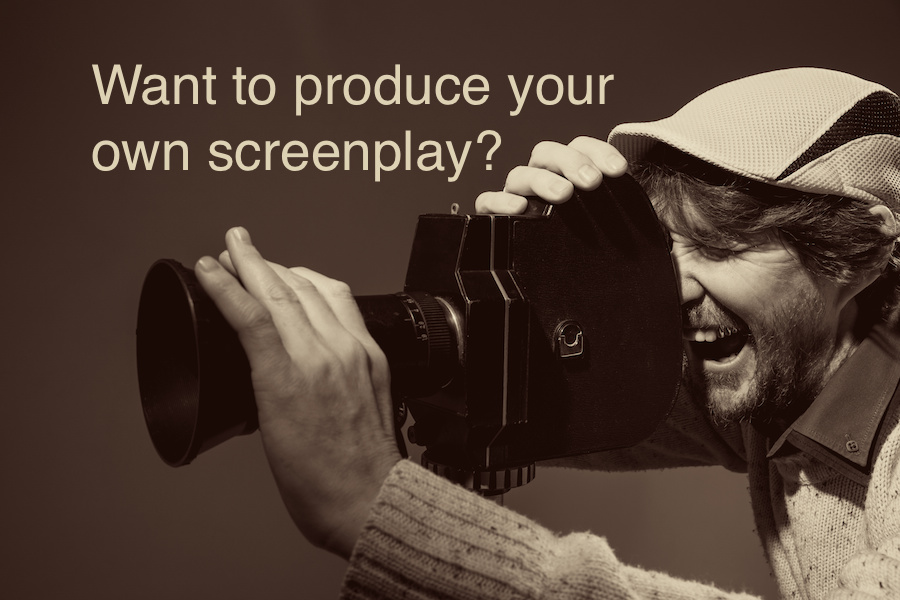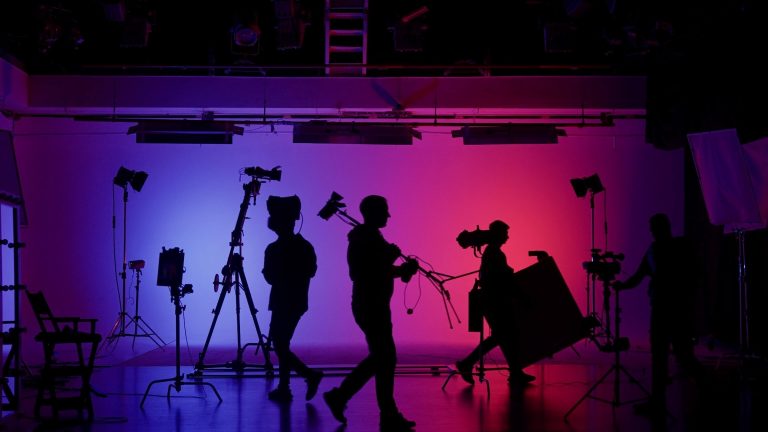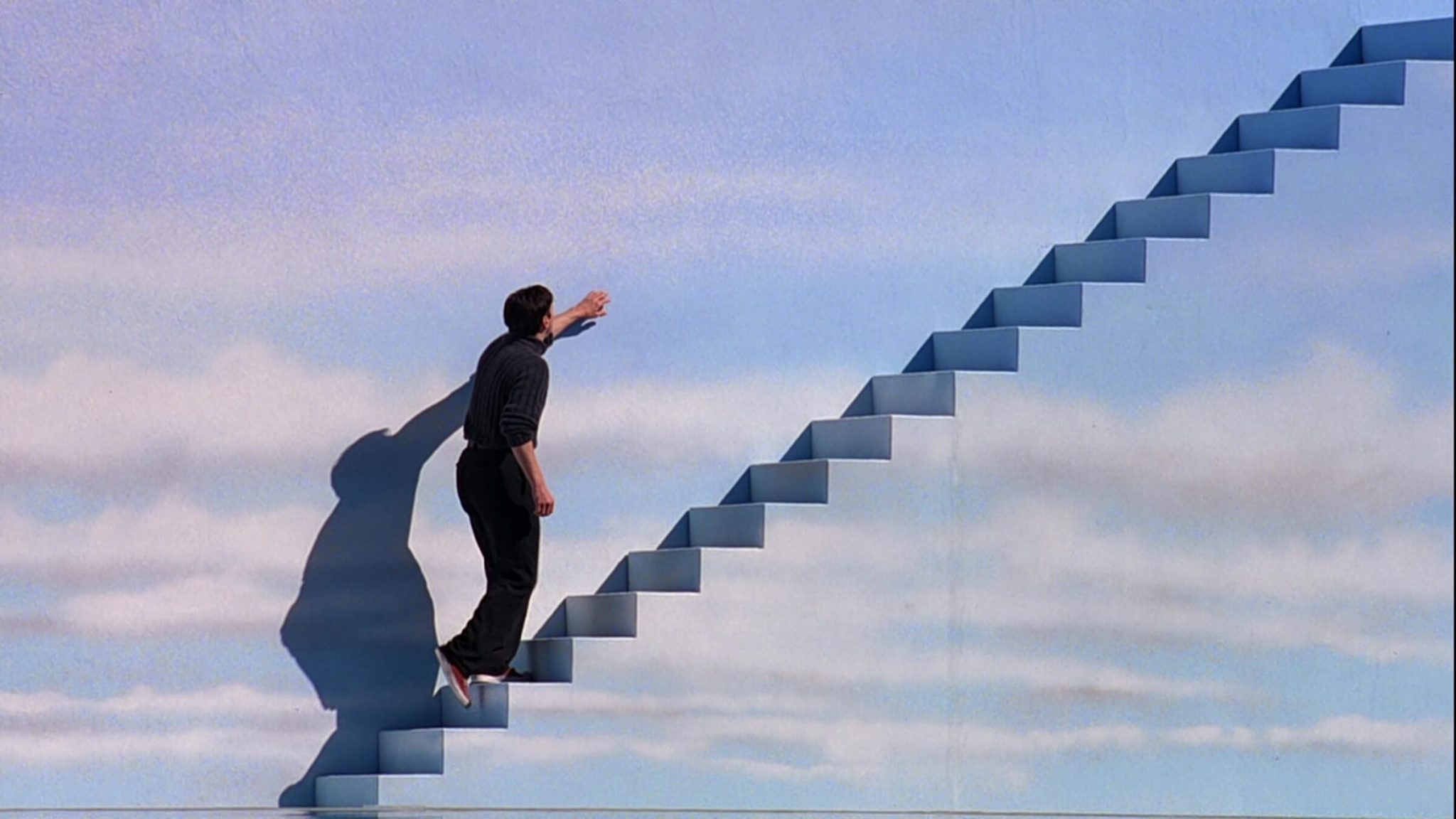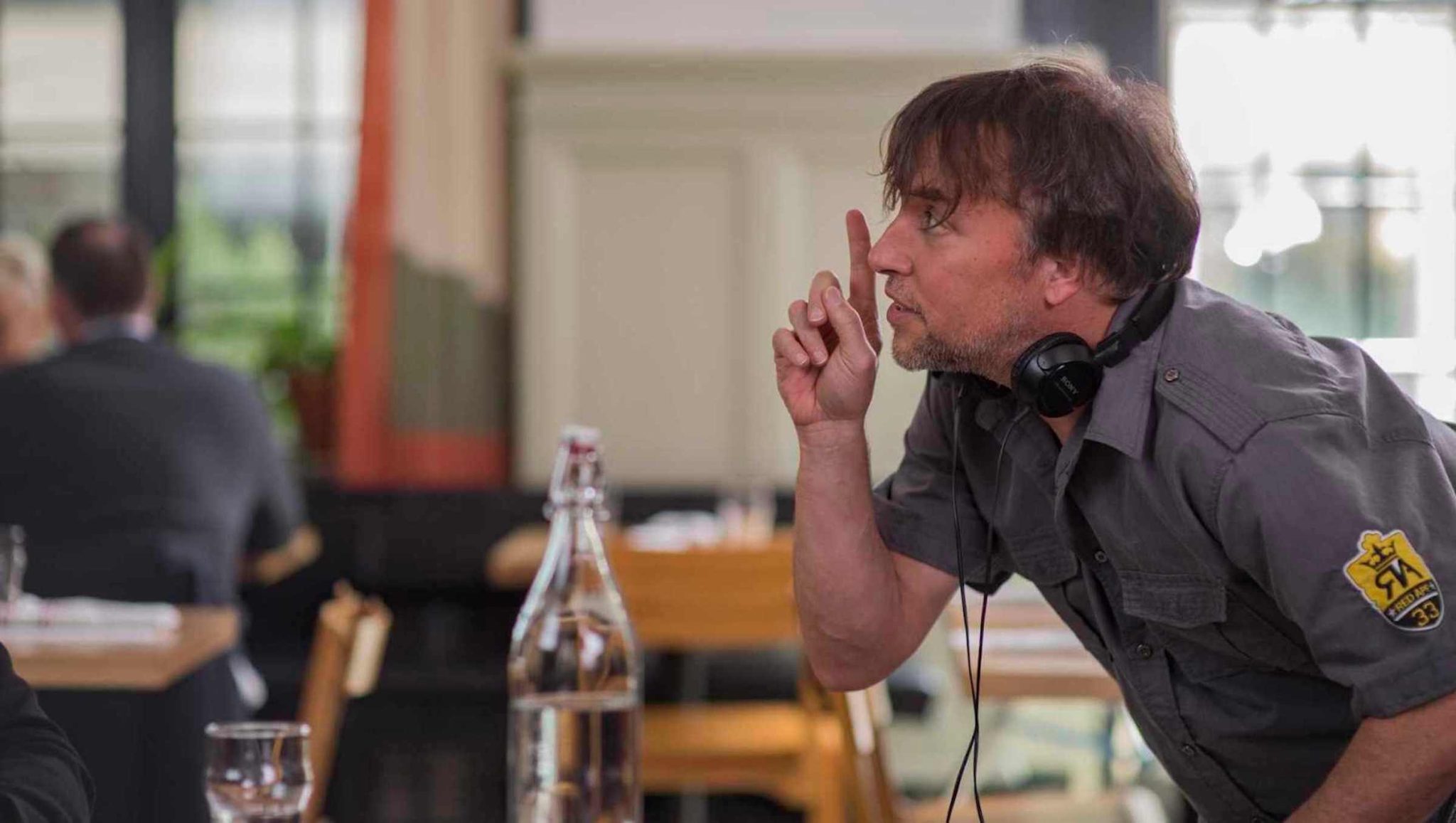5 Reasons You Should Produce Your Own (Short) Movie

Guest post by Tim Morgan
With all the time and effort you put into writing your script – aren’t you curious about what will happen after the sale? The reality is most new writers will have no say in what happens next.
Producing your own movies will not only give you valuable insight into the filmmaking process, but will improve your writing as well. If you have any inclination or talent at directing or producing, it's a talent worth developing because it is a very synergistic skill set with screenwriting.
It Doesn’t Have to Cost Much
Worried that your movie will look like you shot your movie on a home camcorder? Relax. Camera technology has advanced tremendously the last few years. Most DSLR cameras include HD video capability. These cameras can give you cinematic results without major investments.
If you’re OK not shooting on the latest high-end camera, you can buy one for under $900. Can’t afford that? You can rent gear too. Still to expensive? Got a smartphone in your pocket?
The cost of editing software has dropped significantly as well, to the point some computers come preloaded with simple editing tools. They may not have many features, but they can get the job done.
If you want more advanced editing software, you’re going to have to buy it. The good news is you can test-drive them first. Adobe offers a trial of Premiere and Sony offers trials of its Vegas (professional) and Movie Studio (consumer) tools. These are time-limited –30 days after installing the software, it stops working until you buy it.
You can also apply for our Film Production Grant Program -- ScreenCraft and BondIt Media Capital are giving over $30,000 two times per year to qualifying short film scripts. Apply here:
You Can Start Simple And Go From There
Filmmaking and screenwriting classes start with simple assignments for a reason: simple things are easy to manage. The scripts are usually one to five pages (or minutes), minimal actors and locations, and are shot using one camera. In the beginning they may not even include dialog and all the editing is done in the camera (you stop shooting, change the angle, and continue).
Keeping it simple and short minimizes everything: the commitment from your talent and crew; the time you need a location; and how long you need to edit the piece.
Try that with your first few scripts. Can you tell a story in one page with no dialog? Of course you can. It may not be easy at first, but you can do it.
Talented People That Will Help You Are Out There
If you think because you don’t live in New York or L.A. you won’t find actors, think again. The internet has made it easier than ever to meet up with like minded people. Thanks to sites like Facebook, MeetUp and Craigslist, you can post a gig and find people to fill the role.
Responses will vary from passionate students building reels to established talent who may be able to help your career. It can be a great way to network.
Most states have a film office. These are usually listed on the state web site, with links to local or regional sites for people interested in producing movies.
You Will Learn a LOT!
When your script sells, chances are you won’t be included in casting, location or budget decisions. Planning your own movie gives you valuable insight into how these aspects of the business work. You’ll be the one finding the actors. You’ll handle the locations. You’ll be the one figuring it all out (or have to find people to help you).
Working with other people to produce a movie will expose your strengths and weaknesses: how your action works, what your dialog sounds like, and your understanding of structure. You could be doing things in your scripts that are holding you back and not even realize it. The people you work with could offer tips on how to improve as a writer.
Do this a couple times, and you’ll find yourself thinking in terms of telling a good story while keeping the costs down. It’s eye opening, to say the least, and it will change the way you write.
You Could Build A Following
Make a short movie as often as you can. Post it to a YouTube or Vimeo channel (both of which are free to set up). Share it with your friends and submit it to some film festivals. Get it right and people will notice.
You could build a following and with a lot of hard work and a little luck, your work could go viral.
Find Out More
Interested in learning more about producing your own movie? There are some great podcasts available on iTunes, all of which are free:
- Filmmaking Stuff (link to filmmakingstuff.com) – hosted by Jason Brubaker, Filmmaking Stuff’s podcast is short (most episodes are under 30 mintues), encouraging and packed with great information
- On the Page (link to https://itunes.apple.com/us/podcast/on-the-page-screenwriting/id262077408) - Pilar Alessandra hosts an inspiring podcast focused entirely on screenwriting; a must for screenwriters of levels
- Startup Film School (link to filmspecific.com) – Hosted by Stacey Parks, Startup Film School interviews indie producers who share the stories behind how their movies got made, giving valuable insight to writers
Tim Morgan lives in New Hampshire and makes a living as a software developer. He spends his free time writing stuff like books and scripts. In 2009 he struck out into the world of indie film. You can follow Tim's continuing adventures at his web site - www.timmorgan.us
Tim regularly tweets writing advice and updates on his new projects. His Twitter handle is @tmorgan_2100
Get Our Screenwriting Newsletter!
Get weekly writing inspiration delivered to your inbox - including industry news, popular articles, and more!



























